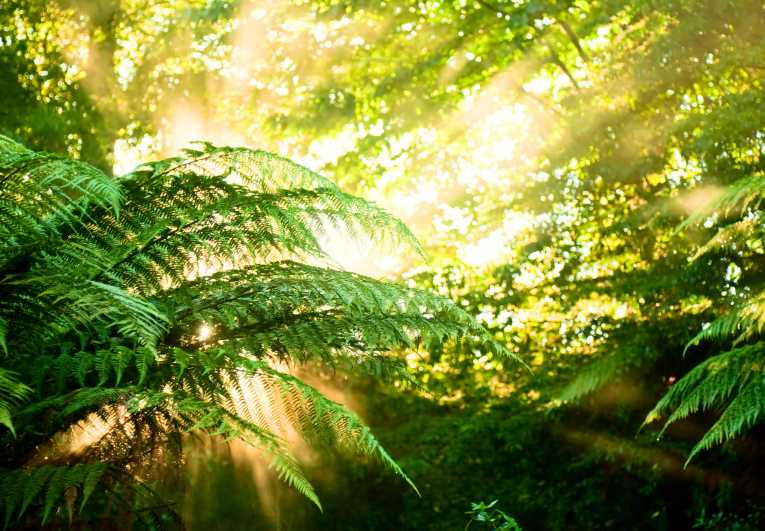Rainforests: Today, the conservation of this biological diversity is increasingly recognised as a major issue for our society, and through the years it has become a focus of many environmental non-governmental organisations (NGOs), as well as several government authorities throughout the world.
A key date in delving support to conservation was the 5th of June 1992 when the Convention on Biological Diversity (CBD) was opened for signature at the Earth Summit held in Rio de Janiero, Brazil. The CBD was a dramatic step forward in promoting the conservation of biological diversity, but also the sustainable use of its components, and the fair and equitable sharing of benefits arising from the use of genetic resources. Yet, biodiversity around the world continues to decline and indeed we currently in the middle of a mass extinction event, during which humans have increased the rates of species loss by 100 to 1000 times greater than background level.
Biological diversity, or biodiversity, is the term given to the variety of life on Earth. It is often understood in terms of species and so far about 1.75 million species have been identified but many remain unnamed to date with estimates of total number of species on our planet ranging from three to hundred million. The CBD defines three levels of biological diversity - the genetic differences which make each species (and individual) unique, the species diversity and the ecosystems - all of which interact to make our home, the planet Earth, a unique place.
But why should we invest our time and hard earned money in protecting biodiversity? There are several ethical reasons which may justify the rights of other species to exist, but more selfishly, biodiversity is also integral to human life. As Paul Sukhdev, the Study leader of the The Economics of Ecosystems and Biodiversity (TEEB) study explains on the project's website “nature is the source of much value to us every day - this can be spiritually, culturally, health-wise or economically; and yet the benefits we receive from Nature mostly bypass markets, escape pricing and defy valuation. The lack of valuation has become an underlying cause for the observed degradation of ecosystems and the loss of biodiversity.”
Tropical rainforests around the world have been coined the term 'biodiversity hotspots', or areas with a high degree of biological diversity with about fifty percent of the world's species found in tropical rainforests. These habitats have nevertheless suffered intense deforestation and each day at least 80,000 acres (32,300 ha) of forest disappear from Earth. Apart from their impressive biodiversity, rainforests are also essential for climate regulation as they sequester carbon, released through the burning of fossil fuels, from the atmosphere.
A paper currently in press in Biodiversity Conservation assesses the current situation with respect to forest protection and the implementation of the CBD in Bangladesh. The authors report that forest destruction continues at high rates, with restoration of degraded forests still being minimal and protected areas too small and ineffective. Moreover, while threats to species have been identified little is being done to ensure the conservation. They also explain that there seems to be a lack a holistic approach which introduces human stakeholders within the conservation and resources use. And with institutional ineffectiveness and limited government will, the implementation of the Convention on Biological Diversity and the protection of forests, remains poor.
Several campaigns which have been launched worldwide, such as the initiative launched by Prince Charles, aim at creating awareness of global consequence of localised deforestation events as well as mitigating rainforest loss. Nevertheless, given these circumstances one rather naturally asks whether developed countries, now reaping the benefits of several decades of nature exploitation, are doing enough to protect these sensitive habitats as well, as the services (such as climate control) provided by nature.















